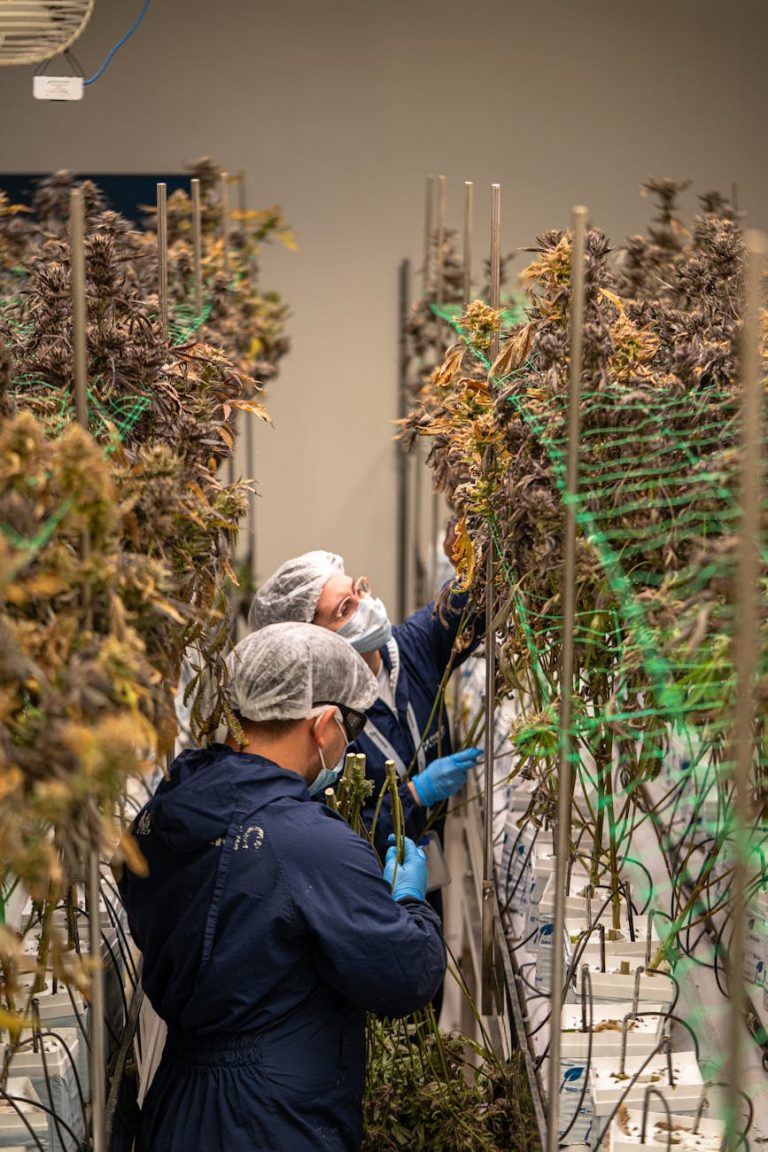Weed Management Success: Effortless Integration Strategies
Discover how to effortlessly integrate effective **weed management strategies** into your farming practices to boost crop yields and promote sustainable agriculture. Say goodbye to pesky weeds with these seamless integration methods tailored for modern farmers.
In today’s agricultural landscape, effective weed management is crucial for maximizing crop yields and ensuring sustainable farming practices. Farmers constantly seek strategies that seamlessly integrate into their existing farming techniques for efficient weed control. This article delves into essential weed management success strategies, focusing on effortless integration methods that empower farmers to combat weeds effectively while minimizing impact on the environment.
Understanding the Importance of Weed Management
Weed management plays a vital role in agricultural productivity as weeds compete with crops for resources such as nutrients, water, and sunlight. Failure to address weed infestations can result in reduced crop yields, increased production costs, and potential crop failure. Integrating effective weed management strategies is key to maintaining a healthy and productive farming operation.
Implementing Cultural Practices
Cultural practices form the foundation of weed management strategies that seamlessly integrate into existing farming systems. Practices such as crop rotation, intercropping, and cover cropping not only enhance soil health and biodiversity but also help suppress weed growth. By incorporating these practices, farmers can naturally reduce weed pressure and promote a more sustainable farming environment.
Leveraging Technology and Innovation
Advancements in technology have revolutionized weed management practices, offering farmers innovative solutions for combating weeds. Integrated weed management systems that utilize precision agriculture tools, such as GPS-guided equipment and drone technology, enable targeted weed control while minimizing the use of herbicides. By embracing technology, farmers can efficiently manage weeds with precision and accuracy.
Utilizing Mechanical Weed Control
Mechanical weed control methods provide an effective and environmentally friendly approach to managing weeds. Techniques such as cultivation, mowing, and mechanical weeding devices help farmers suppress weed growth without relying solely on chemical interventions. Integrating mechanical weed control practices into farming operations offers an additional layer of weed management that complements other strategies.
Incorporating Biological Control Measures
Biological control measures, including the use of natural enemies such as insects or microorganisms to target weeds, offer sustainable weed management solutions. By introducing beneficial organisms that specifically target weed species, farmers can reduce weed populations naturally. Integrating biological control into weed management strategies minimizes the reliance on synthetic herbicides and encourages ecological balance in agroecosystems.
Embracing Integrated Weed Management Plans
Successful weed management hinges on the implementation of integrated approaches that combine multiple strategies to address weed pressure comprehensively. By developing customized weed management plans that incorporate cultural practices, technology, mechanical control, and biological interventions, farmers can create a holistic weed management strategy tailored to their specific farming needs. Integrated weed management plans promote long-term sustainability and resilience against weed infestations.
In conclusion, achieving weed management success requires a multifaceted approach that integrates various strategies seamlessly into existing farming practices. By incorporating cultural practices, leveraging technology and innovation, utilizing mechanical weed control, and incorporating biological control measures, farmers can develop effective weed management plans that optimize crop yields and preserve environmental integrity. Effortless integration strategies empower farmers to combat weeds proactively while promoting sustainable and ecologically sound farming practices.






